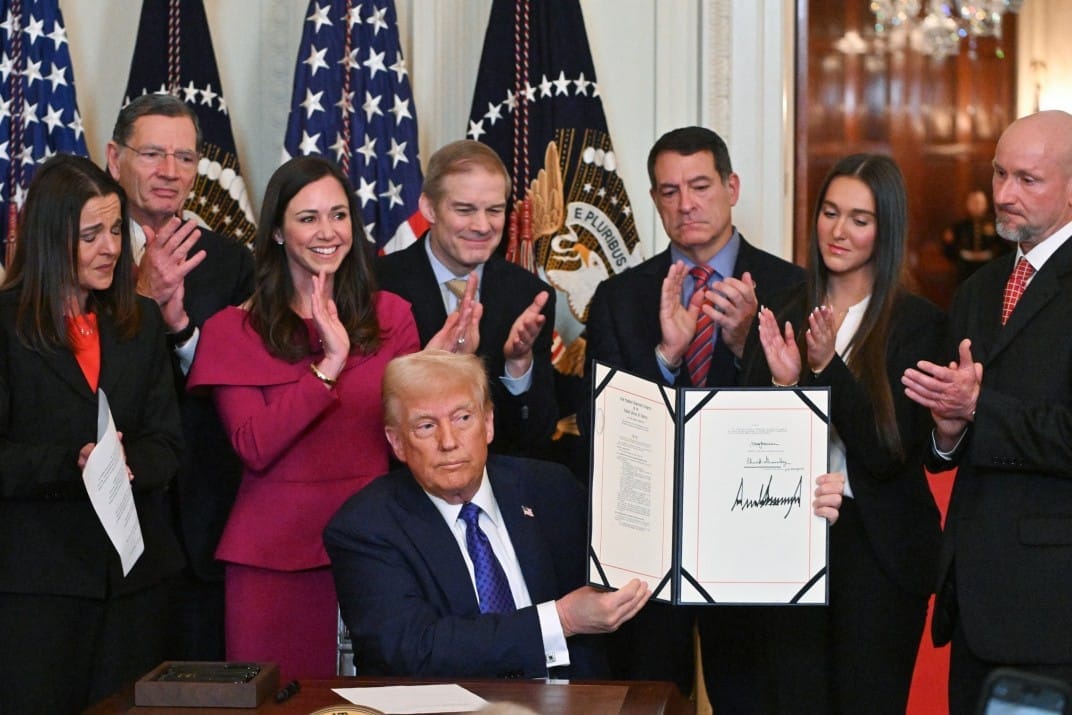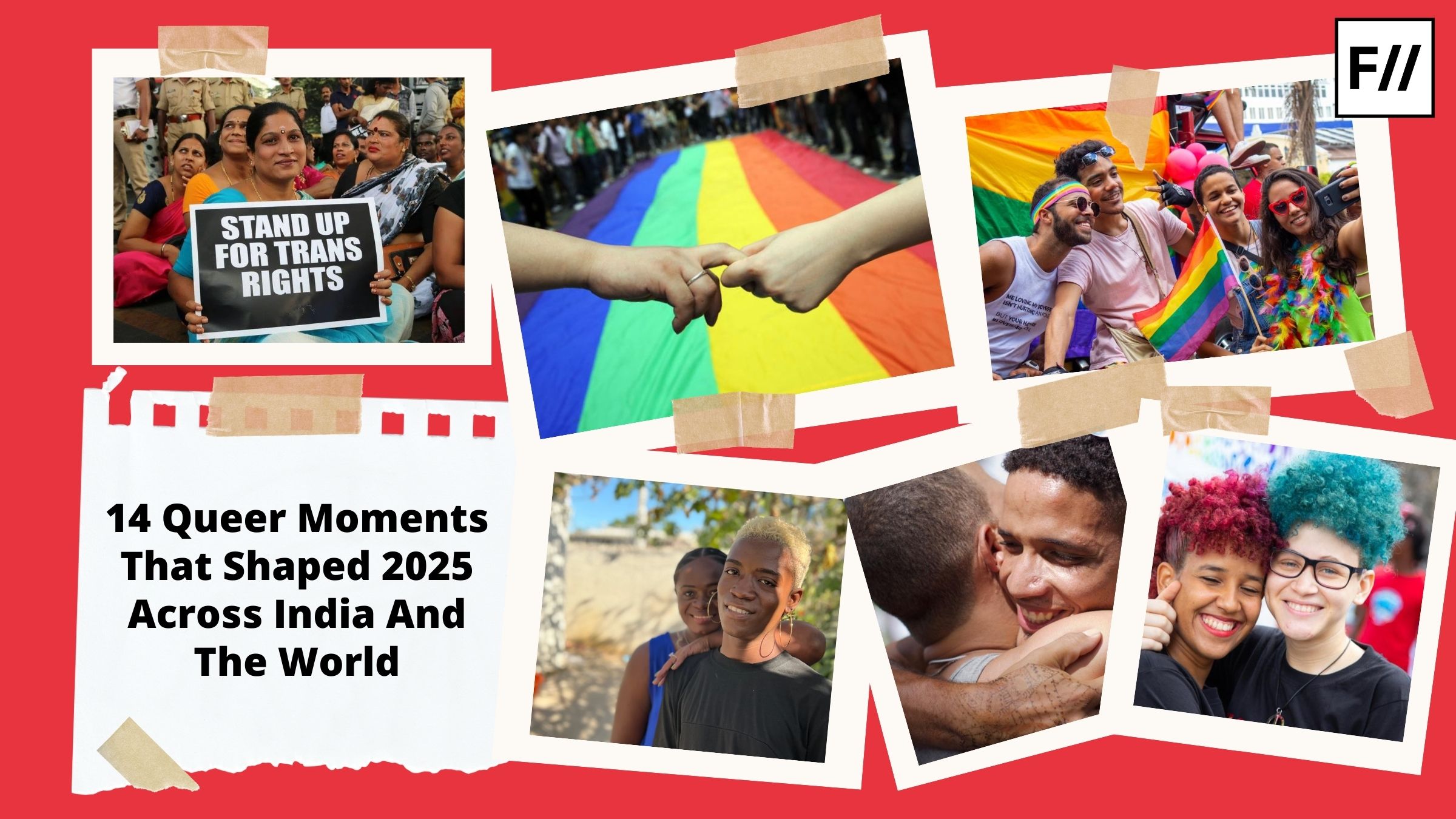‘As of today, it will henceforth be the official policy of the United States government that there are only two genders, male and female‘– on January 20th Trump gave his inaugural address for his second term as president with the above-mentioned statement that took the progress worldwide a step back. Trump’s siding with conservative sides on gender issues was expected but suddenness of it left the world in shock.
Trump’s siding with conservative sides on gender issues was expected but suddenness of it left the world in shock.
The announcement and implementation of this will exterminate the progress that has been made all these years for the non-binary, trans and gender non-nomative folx. But the existence of more than two genders goes beyond this uptight categorisation of people. Trump’s views on gender, especially his position on transgender rights, have significant implications both within the United States and in the larger global context. As nations grapple with issues of equality, human rights, and social justice, the rights of transgender people and the issue of gender identity are becoming increasingly important on the global stage.
The perspective could influence global challenges related to human rights, health, and international relations, as countries around the world seek to balance traditional cultural values with modern ideas of inclusion and equality. The United States is the world’s superpower, pulling the strings of every nation that dances along with the fingers while meeting its demands.
Human rights and global advocacy on gender
First and foremost, it is simply and severely violating human rights. The tug of war around human rights has been in the talks since the industrial revolution or even before. In the modern world, it was after World War II. In 1948, the United Nations General Assembly adopted the Universal Declaration of Human Rights (UDHR), which outlines a broad range of fundamental human rights and freedoms in it. Thereafter, transgender rights came into existence after scuffles throughout decades and it was just in the 21st century that the public representation of transgender people was seen.
Currently not all countries have reached gender equality yet and are still in the process to ensure that transgender individuals can live free from discrimination and violence. The world is all aware that transgender and non-binary people often face legal challenges, including the inability to change their gender on official documents, discrimination in healthcare, and social stigmatisation. Trump’s position during his last presidency has shown the US and the globe the conservative approach to gender that was out of step with growing global support for transgender rights.
Trump’s position during his last presidency has shown the US and the globe the conservative approach to gender that was out of step with growing global support for transgender rights.
In the case of Canada and other European states where transgender and non-binary people are guaranteed equal rights, which have seen major strikes for recognising gender identification in laws and policy, the statement from the US president comes as an appalling diktat. These policies such as his prohibition on transgender and non-binary persons serving in the U.S. military and his efforts to prevent transgender people from using restrooms that correspond with their gender identity set a counterexample that may have an impact on other countries. As a global political force, the United States may also support conservative states and authoritarian regimes in defending laws that limit trans and non-binary rights or prevent social acceptance of transgender and non-binary persons, potentially impeding international progress in human rights.
Gendered health and access to healthcare
Since everyone has the fundamental right to healthcare, prejudice in this area also affects trans people. One of the main concerns for transgender people is gender-affirming healthcare, which offers hormone treatment, surgeries, and mental health services. This seems like a far-sighted dream today because under Trump’s administration in the U.S., these essential healthcare services are often denied or underfunded.
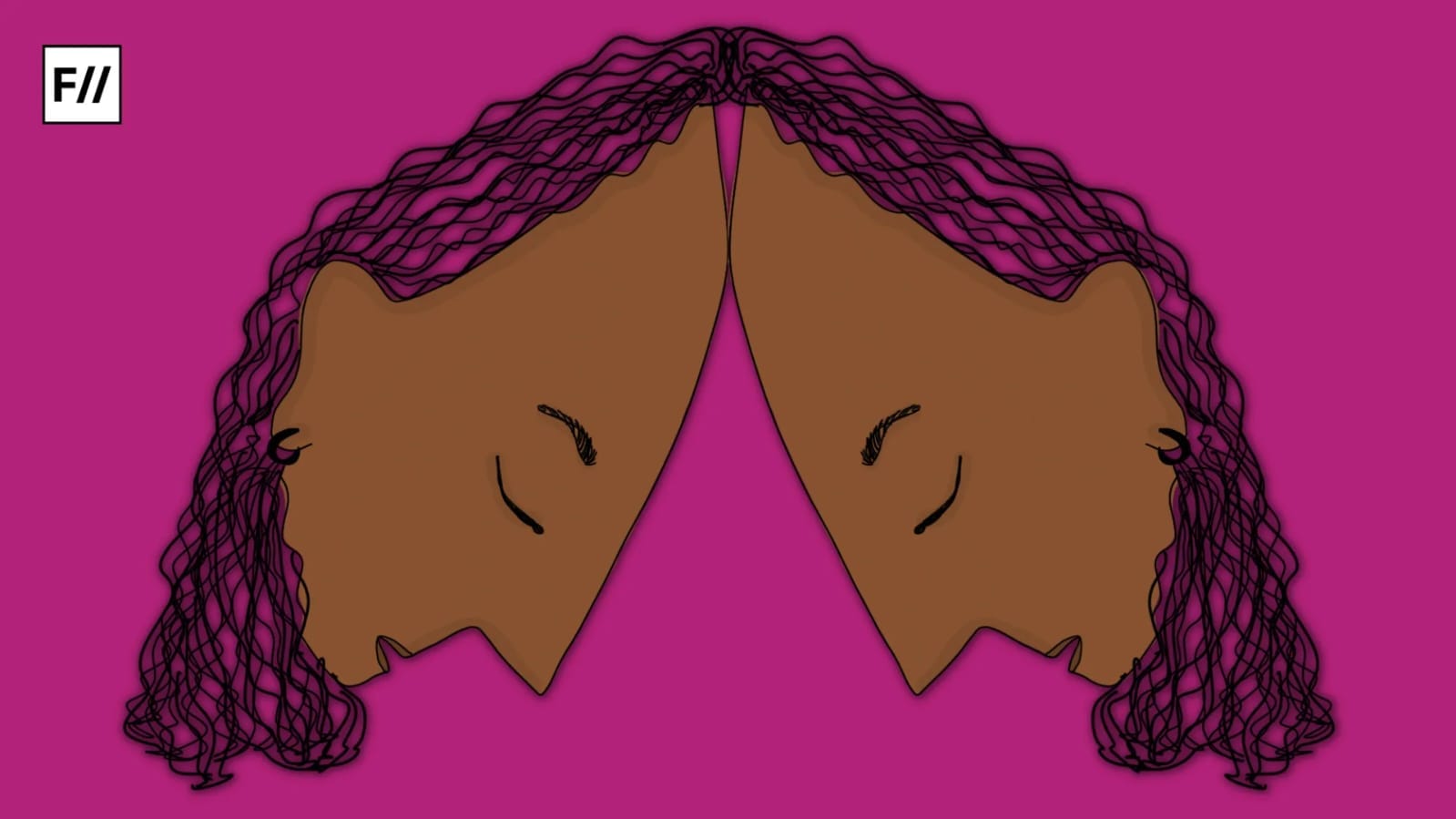
It was only in 2004, that transgender people were allowed to change their legal gender through the Gender Recognition Act (2004) in the UK. Hence the attainment of transgender-specific medical care is a major obstacle all over the world. The categorisation of gender demands infrastructure which is one major breakthrough to go towards equality.
The president’s gender-related policies, especially his repeal of transgender healthcare rights, may encourage nations to implement regressive policies that disregard transgender health needs and are a threat to basic needs. Mutatis mutandis nations that support LGBTQ+ rights might set the standard for ensuring transgender people have access to care that is gender affirming, which would assist to enhance the health of this vulnerable population.
Due to stigma, discrimination, and a lack of acceptance, transgender people are more likely to have mental health problems like anxiety and despair along with the challenges of regular health problems.
To tackle the health problems is a big deal that has its impediments because of the ongoing tug of war. Due to stigma, discrimination, and a lack of acceptance, transgender people are more likely to have mental health problems like anxiety and despair along with the challenges of regular health problems. Resisting the policies that promote inclusivity and care for transgender individuals, Trump’s influence could make it more complicated and difficult for countries to tackle these mental health challenges globally, exacerbating issues like suicide rates and substance abuse in the transgender community.
Global politics and international relations
These gender-dependent perspectives also shape international relations, especially with how the United States interacts with its partner countries regarding equality and human rights. Under his earlier administration, Trump sided with right-wing governments, most of which have open anti-LGBTQ+ policies. These policies along with the language that supports the views of countries pushing for traditional understanding of gender and sexuality hinder the possibility of working on LGBTQ+ rights.
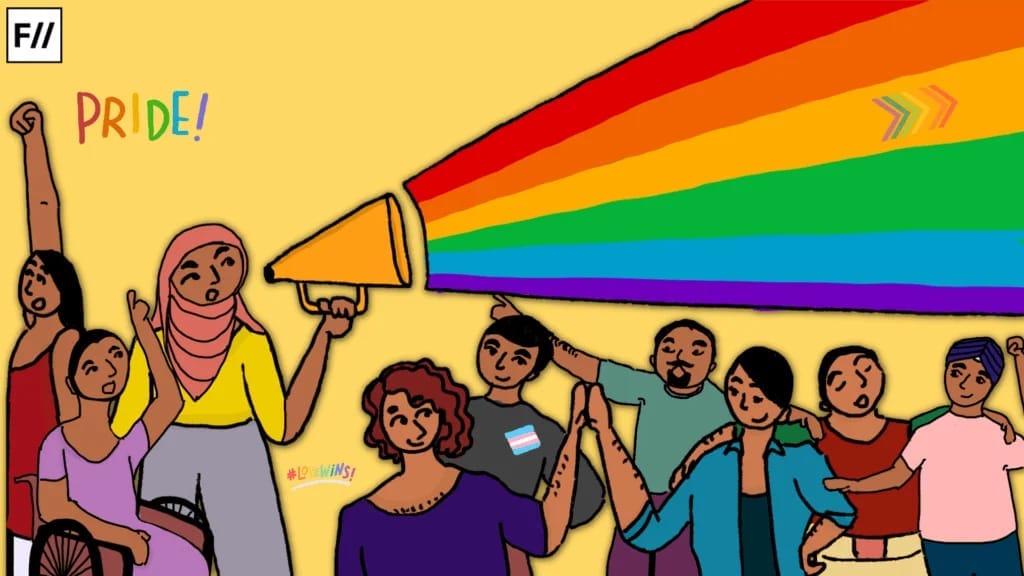
However, many other nations have passed progressive and flexible legislation related to gender and transgender rights, especially in the European Union and many parts of the Americas. Trump’s negative position towards these global efforts could encourage further conflict between the United States and those nations that advance the human rights of transgender people. Such a scenario may hinder international unification over a uniform gender equality policy and hinder international collaboration on social justice.
Countries that share Trump’s views may pass similar restrictive laws, which will be in direct conflict with international standards and reduce the progress made by the advocates of LGBTQ+ rights. In general, this development could create skepticism towards efforts to create international human rights frameworks and further global inclusivity. The divide between conservative and progressive countries on this issue is a long-term global challenge that will undoubtedly continue to affect both business and diplomatic relations.
Cultural and social implications
Today’s commentary and policies on gender have the power to shape cultural views of gender worldwide. It is possible that Trump’s backlash towards progress will enhance the traditional way of thinking since the world can hardly ignore rising awareness of many other gender identities, especially from patriarchal and theocratic nations. Governments might use this conservative view as a justification to restrict the rights of transgender people, further increasing social unrest and breaking down social cohesion.
Governments might use this conservative view as a justification to restrict the rights of transgender people, further increasing social unrest and breaking down social cohesion.
The beliefs by Trump further influence public opinion, social norms alongside policy and law. A shift in perceptions may also be realised as more people are exposed to discussion on transgender matters. It should be known that progressive nations will continue pushing for inclusivity while conservative regions may fight against the waves thus creating conflicts on whether or not societal recognition will be promulgated publicly.
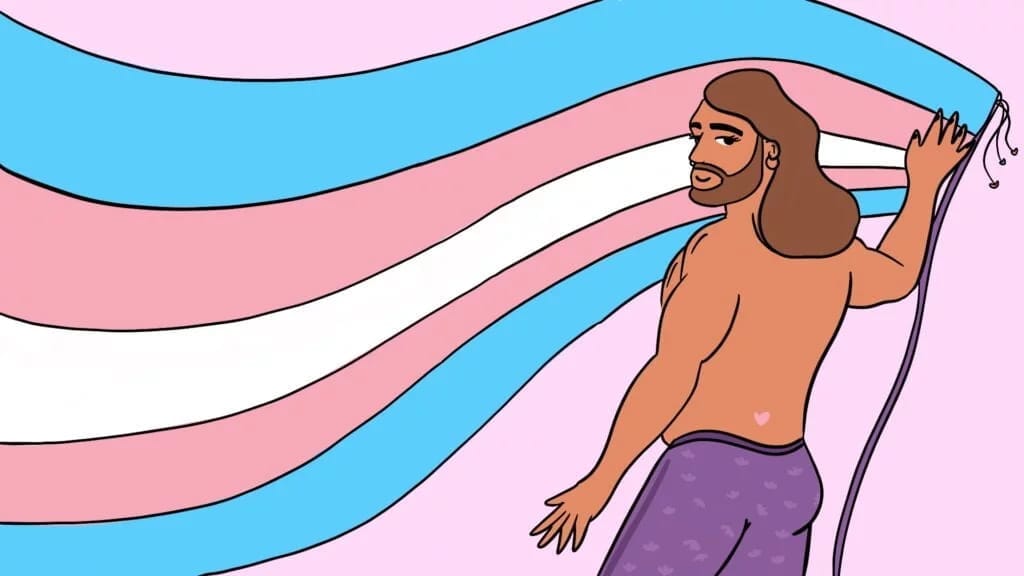
With the fanatical statement which might turn to a law soon, we can foretell that the global conversation about gender, equality, and human rights is now destined to take yet another turn. The views of Trump largely impacting the global future of such crucial issues will diminish trans existence and rights. This carries significant implications that make it challenging for international standards to be met in the process. This opposition to pro-gender progressive policies can further deteriorate human rights initiatives, health care access, and social equality for transgender persons all over the world. This may also cause resistance from the proponents who are strongly willing to strive for a better future.

